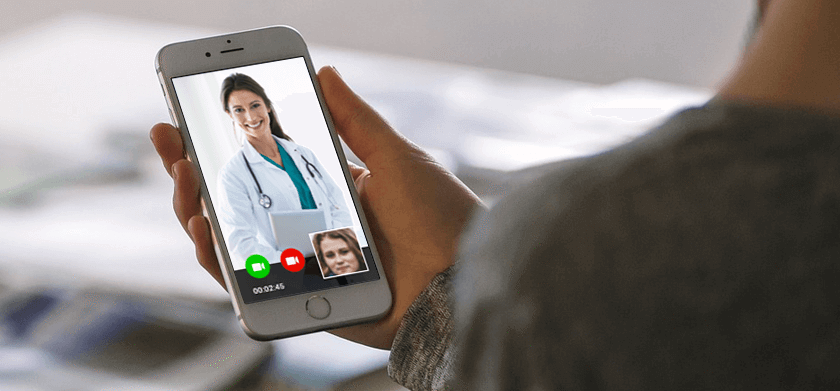Sick leave requires proper documentation from medical professionals. Employees now have access to telehealth services that provide legitimate medical certificates without physical clinic visits. NextClinic connects workers with licensed doctors who conduct virtual assessments and issue valid sick leave documentation. These medical certificate online follow medical regulations while offering convenience. The process involves symptom evaluation, professional diagnosis, and documentation that meets employer workplace absence requirements.
Consultation process
Online medical certificate platforms operate through secure mobile applications. Employees register for an account and complete a comprehensive health questionnaire covering current symptoms and the reason for seeking certification. This preliminary information helps doctors prepare for medical consultations to remain confidential between the patient and practitioner and to assess accurately. Video chat, telephone, and secure messaging are available options. Medical practitioners ask clinical questions. The average consultation takes 15 to 30 minutes from start to certificate delivery. Doctors issue certificates only when medical conditions prevent employees from performing their work duties. The certificate arrives by email in PDF format within hours of the consultation.
Medical validity standards
Digital medical certificates carry the same legal authority as traditional doctor visits. All consultations are conducted by registered medical practitioners who follow strict professional guidelines. These doctors maintain professional indemnity insurance within their competence. Certificates include essential details: the doctor’s registration number, patient name, dates of medical incapacity, and clinical recommendations. The documentation satisfies legal requirements and workplace policies across various employment sectors. Human resources departments accept these certificates because they contain all the mandatory information. The format complies with fair work standards and employment law provisions regarding sick leave documentation.
Conditions assessed remotely
Remote consultations suit many common health conditions that do not require a physical examination. Upper respiratory tract infections, viral gastroenteritis, migraine headaches, mental health episodes, and superficial injuries are assessed through symptom description. Doctors may request photographs for a visual assessment of rashes or other visible conditions. Medical situations require a face-to-face evaluation. Acute chest pain, suspected fractures, severe abdominal pain, and emergency presentations fall outside telehealth capabilities. If symptoms indicate a serious condition, patients are directed to emergency departments or physical medical facilities.
Workplace acceptance protocols
Most Australian employers accept digital medical certificates as valid sick leave documentation. These certificates meet the evidence requirements outlined in enterprise agreements and company policies. The shift to telehealth in recent years has normalized digital health documentation across industries. Employees should review their organization’s sick leave policies before using online services. Some workplaces maintain approved provider lists or require particular documentation formats. Human resources departments clarify acceptable certificate types. Employees must retain copies of all medical certificates for personal records in employment disputes.
Protecting privacy
Telehealth platforms must comply with the privacy legislation governing health information. The patient and practitioner remain confidential during medical consultations. Platforms implement security measures that meet healthcare industry standards for securing sensitive health records. Patients control the distribution of their medical information and certificates. Doctors provide certificates with appropriate detail for workplace requirements without disclosing unnecessary clinical information. Employees can share basic fitness-for-work information with employers while keeping detailed diagnoses private. This protects employee privacy and fulfils employer documentation needs for absence management.






